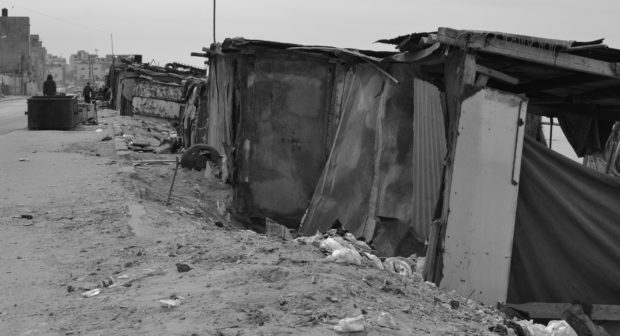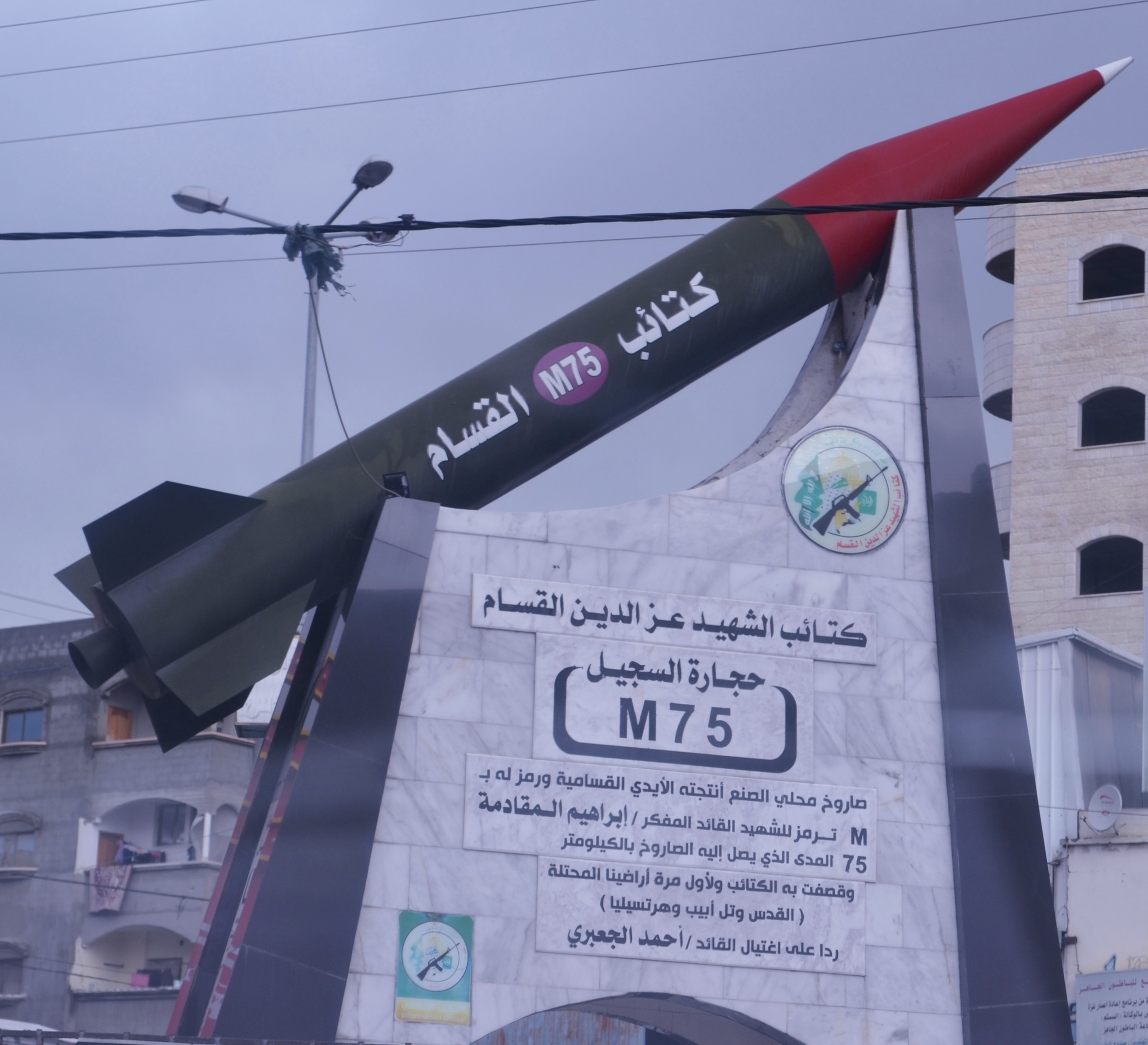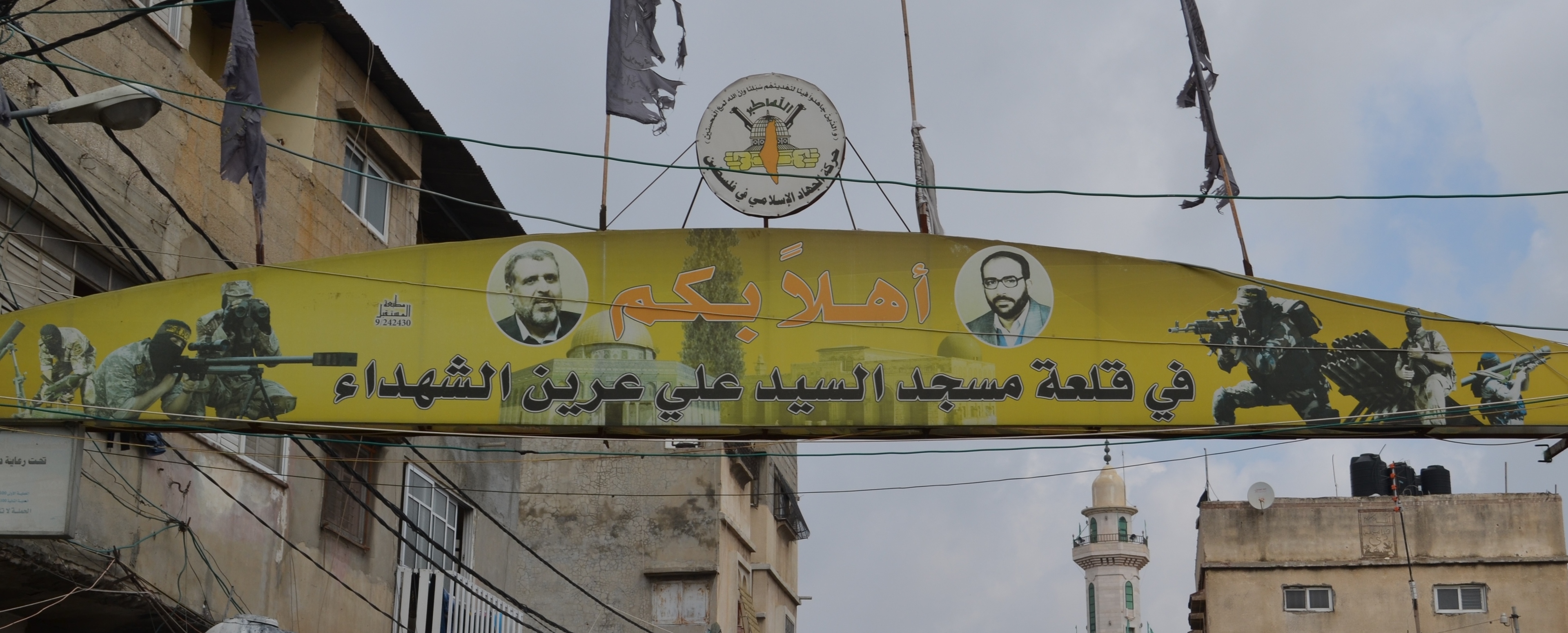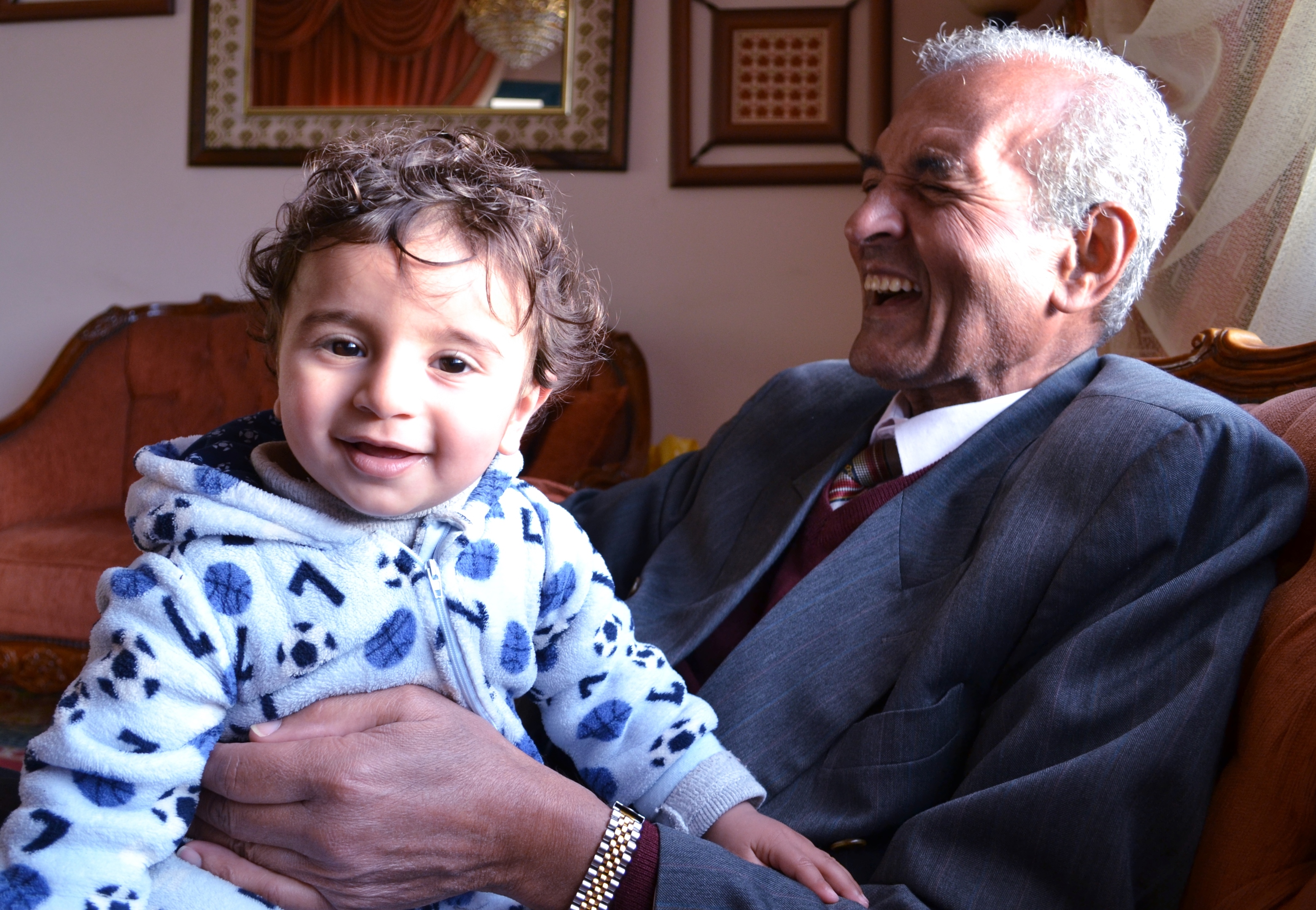Fascinated by the lives of others, George R Mitchell gets under the skin of a country, often uncovering the dark corners of culture, politics and people. He now has 25 years of off-grid travel and 85 countries under his belt, and he’s in no mood to stop just yet…
It’s called The Gaza Strip, for that’s what it is, a strip of land, blockaded off from the rest of Israel, or Palestine, depending on your political view. I was based in the so called “capital”, Gaza City.
Ruled by the Islamist political organisation Hamas, whose aim is the destruction of Israel, the strip has a population of almost two million people. And at only 25 miles long and between a tiny three and seven-and-a-half miles wide, its one of the most densely populated places on planet Earth.
I quickly settled in, and dare I say got used to the lack of electricity, which in the entire strip is only on for four hours per day. Just think of all the things you can’t do without electricity for 20 hours every single day…
My fixer, and fast becoming friend, Rami, said to me from the very off: “When talking with the Gazan people, let’s not say you’re a journalist. Let’s call you a writer.” I asked why; he explained.
“The international media, well take a look around, there’s none of them here right now. Only you. Why? No current full-scale war with Israel. They only come when there’s war, they want the big photo of big attacks, the photo of a dead child and the crying mother, then they leave, they don’t ask or write about normal everyday life.”
First item of the day was to visit the home of Fatma. She and her family live close to the Israeli border area. Their house took a direct hit by an Israeli F16 rocket in 2014. The target was her cousin, whom she admitted was involved with groups that target Israel. I sat and drank tea with Fatma and her mother as they explained what happened.
Israel has always claimed that they categorically do not target civilians, and that they also gave countless warnings during the 2014 war. It goes something like this: your phone rings one day, it’s the Israel Defence Force (IDF) on the line and they tell you that they will be attacking your area with immediate effect, so you must leave right away. You get a few minutes, no more, then the rockets hit. Try and get your head round that from the safety of where you are reading this column.
These advance warnings though have been disputed; many in the international community say that warnings are not given and that Israel targets civilians. Tragically it’s true that hundreds of innocent children died in Gaza in 2014, but I was told by Gazans themselves, that, yes, numerous calls and texts were sent from the IDF telling civilians in Gaza to get out of their area asap. This family got such a call, they left and survived, staying with neighbours for one month before returning home. Israel also accuses Hamas of using Gazans as human shields and telling them not to leave the area when the rockets are coming. Hamas denies this, but I was told by ordinary Gazans that this did happen.
I’ll go much deeper into the controversial subject of rockets and warnings in the coming weeks.
Later, walking with Rami and Fatma in a very poor neighbourhood, I was taking photos of buildings that had been hit by Israeli rockets. Suddenly Rami turned to me and said:
“Put your camera away.”
“Why?” I asked.
“See that building there? That’s a lookout area that belongs to Islamic Jihad. See their black flags? Don’t photo that one.”
I stuffed my camera into my bag just as a guy came out of the compound, but he’d already seen us. We kept walking, he looked in our direction then actually waved at me.
Midday, we entered the Great Mosque of Gaza, deep in the old city. Originally built as a church in the 5th century, it was transformed into a mosque in the 7th century after the Muslim conquests. Built of local sandstone, it’s an imposing size of some 44,000 sq ft.
Certain mosques were specifically targeted by Israel in 2014, but not this one. Israel claims the mosques they hit were used as weapons dumps by Hamas. I was told by local Gazans that yes, some mosques were indeed used to store rockets. It is also claimed that rockets were launched from in and around mosques towards Israel. Hamas denies it all.
A highly emotive subject indeed.
Later, in a small park in the very centre of the city, we stopped and spoke with a bunch of guys who ran a small coffee and tea stall. One told me that he worked for up to 14 hours per day. His take-home pay? £2. That’s around 15p per hour. But he told me he was lucky, for at least he had a job. The unemployment rate in Gaza is 50%.
Every day while in Gaza, we stopped and chatted with numerous locals. All desperate to tell me their stories. Desperate to tell the world that they are not terrorists, just ordinary people, suffering. Never once did any of them tell me that they hated Jews. For sure, they’re not in love with the Israeli government or army for the blockade, but I was beginning to learn, it’s not just Israel the Gazan people hold responsible for their current situation.
“Where are our guns? Bombs? Knives? None. We are not like this. Not terrorists. Tell the world, tell them about us, tell them not to believe the images on TV. That’s only a tiny percentage, it’s not us.”
To my surprise, the shops in Gaza City were actually well stocked. With the entire strip under blockade, while Israel does allow certain goods in, much of what’s on sale comes in illegally through the infamous tunnels dug from Egypt. Well stocked yes, but apart from food, very few were buying anything. Most simply do not have the cash.
Without taking sides, the situation in Gaza, to me anyway, is collective punishment. The majority suffer for the few that support and fire rockets into Israel. I’d say that 90% of the Gazans I met showed genuine kindness towards me. The other 10%? Not hateful, but suspicious, initially anyway, of me being there.
Interesting to note that while many women wore the full burka, it’s not compulsory. The majority of young women I saw wore the hijab, which covers the head and neck but not the face.
As mentioned in my introduction last week, the pollution due to the numerous old cars that belch out toxic fumes is absolutely horrendous. I really struggled during my entire time – sore head, throat and eyes. The environment in general is in a shocking state, but no one seems to give a damn. Much more about this in the coming weeks.
Late one afternoon, I enjoyed my first home-cooked meal in Gaza. Shourouq and Duaa, female friends of Rami’s, brought us two huge plates of delectable rice and chicken flavoured with cardamom, cinnamon and cloves, which we ate with our hands.
Rami then asked me if I’d like to meet his family, who lived upstairs. The beautiful photo you see here is of Rami’s father holding his grandson. I spent an hour in their company, chatting with Rami’s dad and his sisters. Kind and highly intelligent people.
Again came the line “Where are our guns, our bombs?”.
Rami was delighted with my desire to want to learn about the lives of ordinary people, for that’s the story we both want told, and numerous such interviews had been planned in advance. That aside, there’s no point, I felt, in coming here and not trying to get an interview with at least one group of people who are directly involved with the political and violent situation in Gaza. “Is it possible for me to meet with such a group?” I asked. Rami, confident and direct as ever, simply said: “Yes, it can be arranged.”
It took a few days; meantime we carried on with our other interviews. Then I was told: “It’s arranged. Fighters have agreed to meet with you. They will have their weapons and their faces covered of course. You can take photos and then do an interview.”
“Is it safe for me to meet with them?” I asked.
“You will be with me and one of my friends, so yes you will be totally safe.” That was good enough for me. I trusted him.
I had to give Rami all my details, who I wrote for and any links to my work online. The group wanted to find out all about me, their ultimate worry being that I worked for Israel. Understandable I suppose.
It only dawned on me the intensity of such a meeting when Rami said one afternoon: “Just to warn you George. When we meet one of their representatives, before we go to their place I mean, you may be blindfolded. Don’t worry though, once we get inside the building, they’ll take your blindfold off. It’s standard procedure.”
NEXT WEEK: Face to face with the armed masked men of Abd al-Qadir al-Husayni brigades



